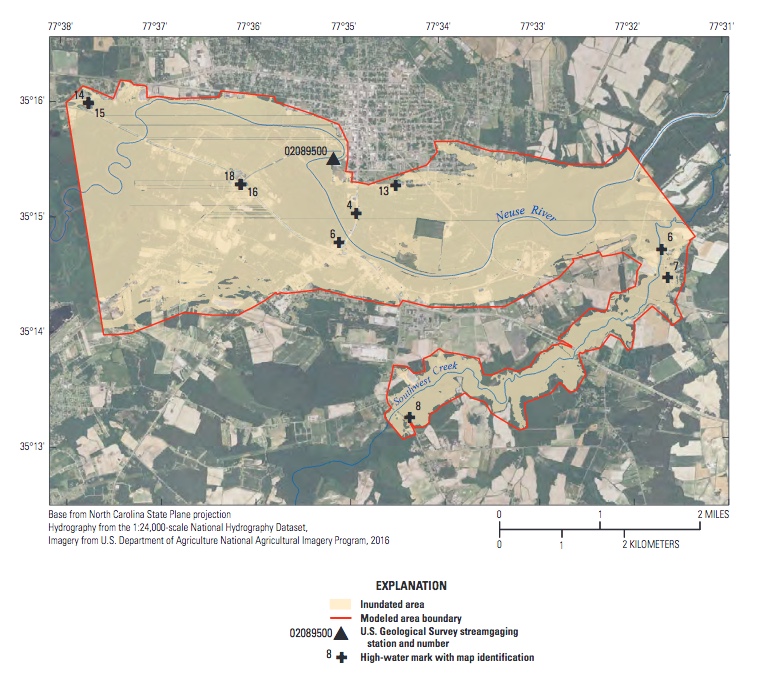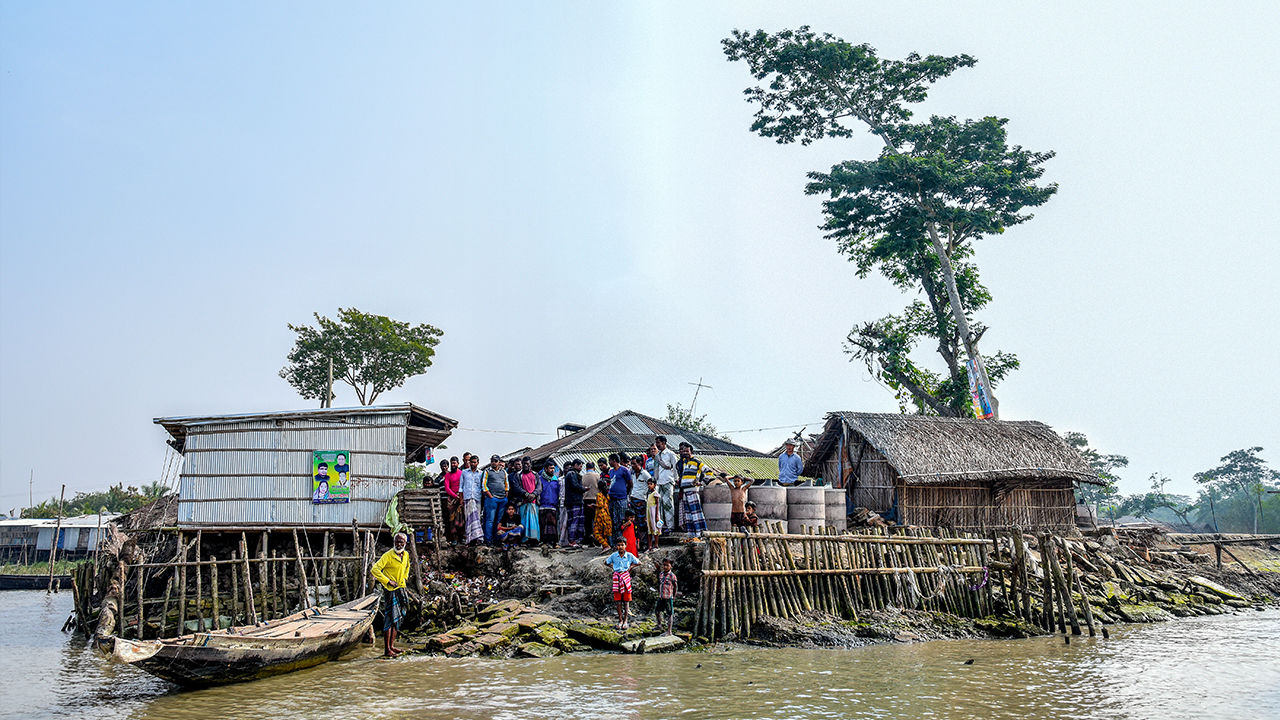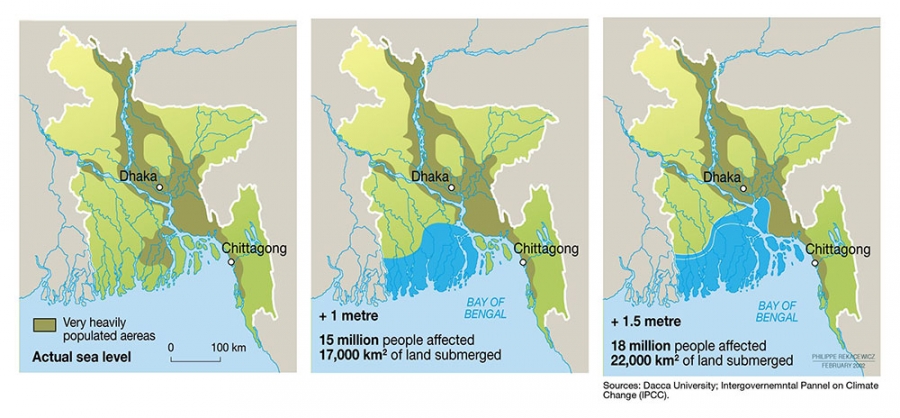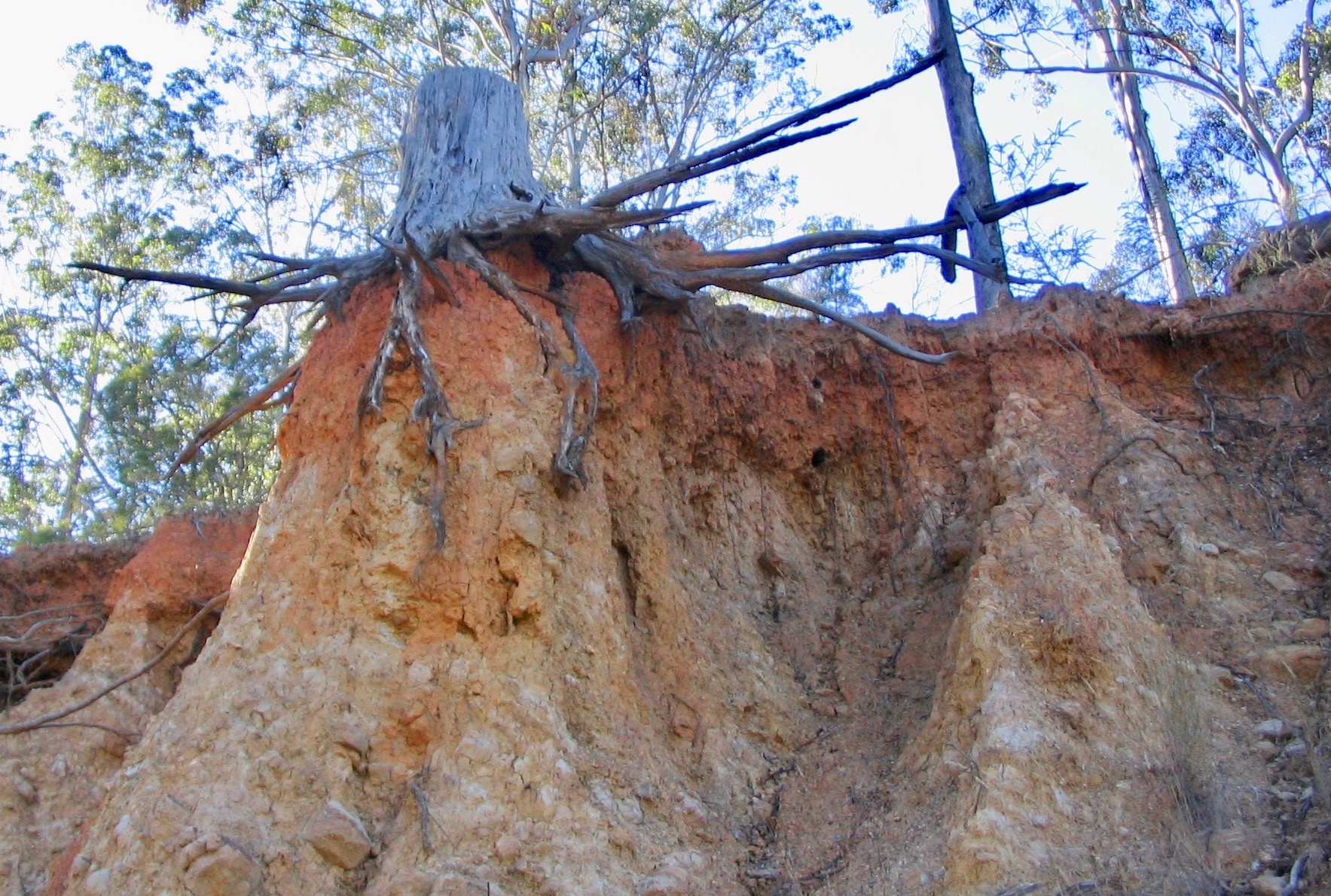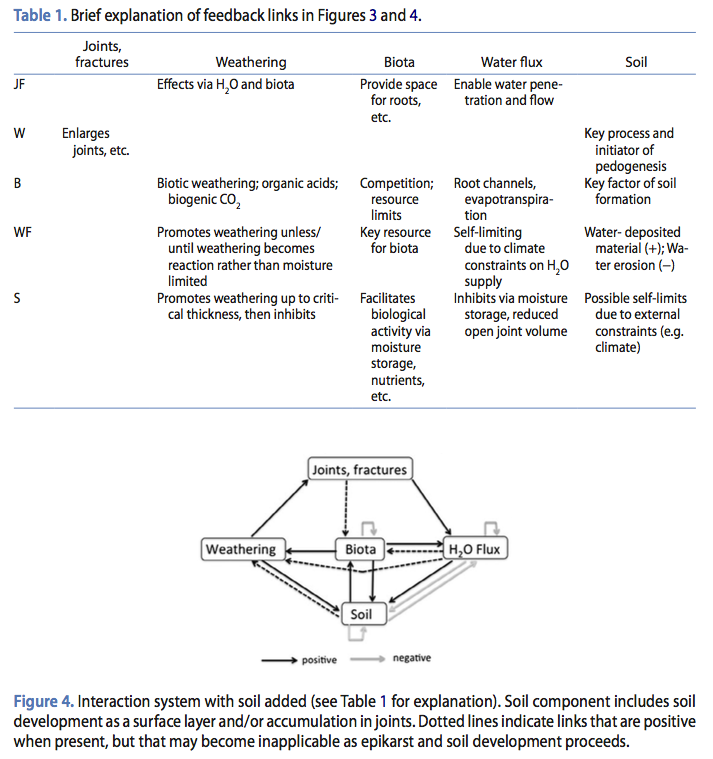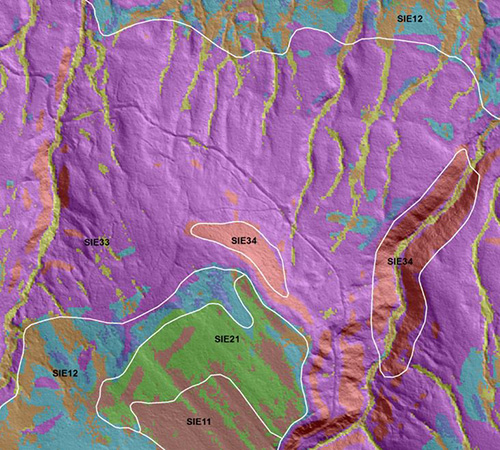More Rain, More Pain on the Coastal Plain
In my previous post I suggested, as have others, that we may be entering a “new normal” with respect to increasing precipitation associated with tropical cyclones. In eastern North Carolina and in south Texas we have empirical evidence in the form of Hurricanes Matthew, Harvey, and Florence in 2016-2018. Basic climatological principles suggest that the ongoing global warming will produce this result, and climate models bear this out.
The 100 largest area-averaged, multiple day precipitation events in the U.S. record from 1949-2018 were examined by Kunkel and Champion (2019). Hurricane Harvey was the single largest event for an area sized 50,000 km2 and a duration of 4 days. Rainfall associated with Hurricane Florence ranked seventh. Almost all of the top 100 events occurred in the southeastern United States or along the Pacific coast. Hurricane Matthew (2016) resulted in 1-day rainfall records at Tarboro, Fayetteville, Lumberton, and Raleigh, NC and at Florence and Dillon, SC (Weaver et al., 2016). Hurricane Florence resulted in new peak streamflow records at 28 gaging stations in the Carolinas (Feaster et al., 2018).

